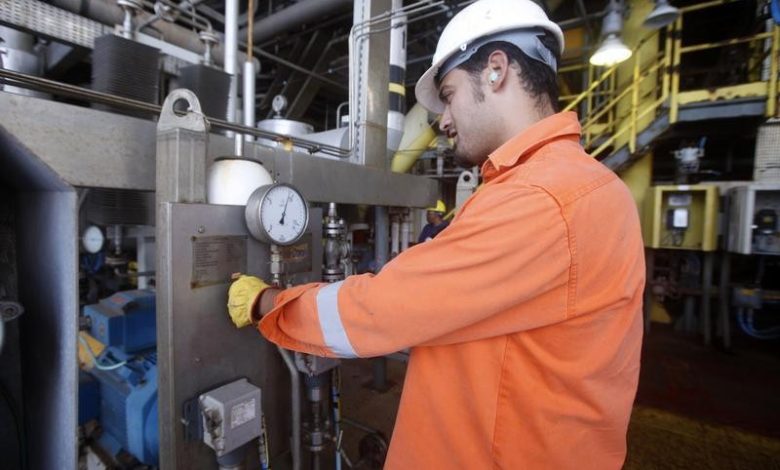
Oil Settles $1 Higher as War Risk Premium Outweighs Abundant U.S. Stocks, Reports Reuters
By Georgina McCartney
Oil futures closed higher on Thursday amid growing concerns about global crude supply disruptions, fueled by geopolitical tensions in the Middle East and Europe. However, a surprise rise in crude and gasoline inventories capped price increases.
Brent crude futures rose by $1.14, or 1.34%, settling at $86.39 a barrel, while U.S. West Texas Intermediate (WTI) crude futures increased by 84 cents, or 1.04%, to finish at $81.74. Earlier in the trading session, WTI futures had jumped over $1 a barrel.
Heightened tensions between Israel and Lebanon’s Hezbollah have intensified fears of an expanded conflict that could potentially involve major oil producer Iran. The French foreign ministry expressed significant concern over the situation in Lebanon and urged for restraint.
Analyst Ashley Kelty from Panmure Gordon noted that any escalation could severely impact crude supplies from the Middle East. Turkish President Tayyip Erdogan voiced his country’s solidarity with Lebanon and called for regional countries to lend support.
In Gaza, Israeli forces intensified operations, storming neighborhoods and targeting areas in Rafah as part of their campaign against Hamas militants. Additionally, Yemen’s Houthis have conducted attacks on vessels in the Red Sea to express solidarity with Palestinians in Gaza.
Meanwhile, in Europe, Russia is contemplating a downgrade in relations with the West due to increased involvement from the U.S. and its allies in the Ukraine conflict, but no decisions have yet been made. A potential downgrading of relations could underscore the severity of the ongoing confrontation over Ukraine amid tensions that have been rising in recent months.
The U.S. Energy Information Administration reported a surprising increase of 3.6 million barrels in crude oil inventories, contrary to analysts’ expectations for a drawdown of 2.9 million barrels. John Kilduff of Again Capital remarked that the EIA report continues to weigh on the market due to unexpected inventory builds and refinery run rates.
Gasoline stocks in the U.S. also saw a rise of 2.7 million barrels when analysts were predicting a 1 million-barrel decrease. Tim Snyder, an economist, highlighted that despite the peak of the summer driving season, market movement has stalled, suggesting a possible dip post-holiday weekend.
In Europe, independently held gasoline stocks within the Amsterdam-Rotterdam-Antwerp refining and storage hub increased by over 9% in the week, indicating limited U.S. gasoline demand across the Atlantic.
Meanwhile, comments from Atlanta Fed President Raphael Bostic in a policy statement reiterated expectations for an interest rate cut in the fourth quarter, aligning with forecasts of cuts starting in September. Kilduff commented that there is little indication the Fed intends to stimulate the markets again.
 GOOGL
GOOGL  META
META 


